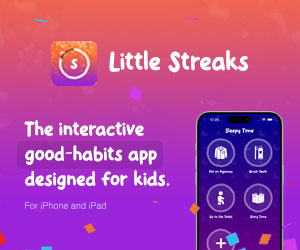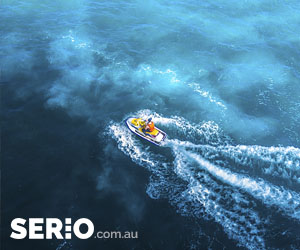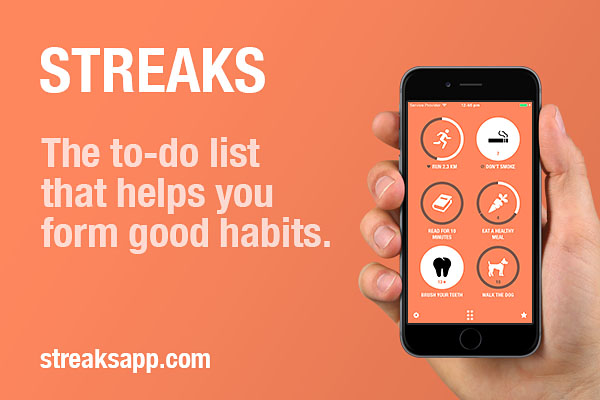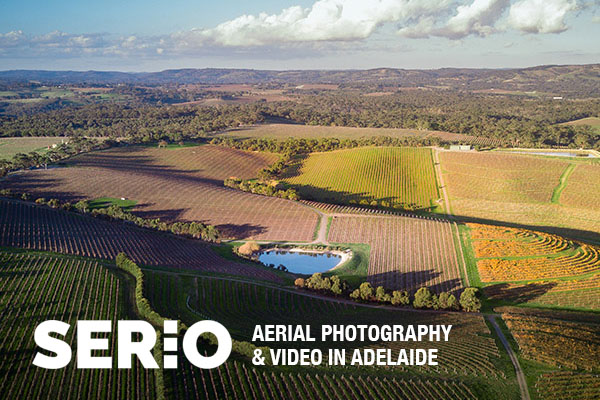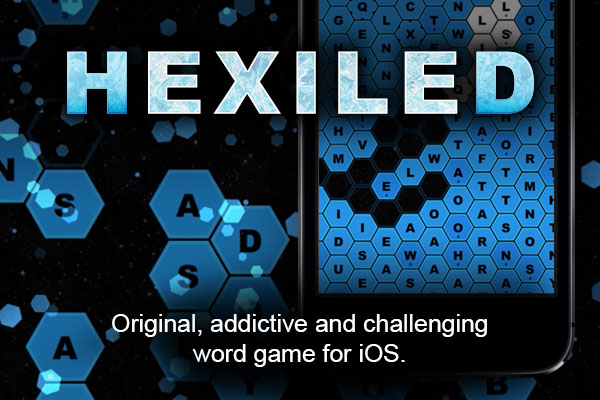The National Basketball League is riding a wave of enthusiasm and popularity, but with its nine teams set to lose $15m-$20m combined this year it is very much a work in progress in financial terms.
Grand finalists Perth Wildcats and Sydney Kings, who clashed in game two of the five-game series on Friday night in Perth before heading to Sydney for Sunday's game 3, will break even at best and lose several million dollars, respectively.
The coronavirus might even be more costly for the two grand finalists, given they put on and carry the financial risk for finals games — a different scenario than other sports, where a central body such as the NRL or AFL put on the finals and keep the revenue. Empty stadiums or delays mean no revenue coming in from ticket sales, a vital source of revenue for clubs given a lack of TV broadcast money flowing into the NBL.
Yet NBL owner Larry Kestelman, a Melbourne property developer and entrepreneur, insists that there should be a lot of optimism — both in sporting and financial terms — for the league.
"In my opinion, this is the best year we have had so far," Kestelman says. “The numbers have improved, as has the general vibe around the sport. TV numbers are up and so are crowds. We have had big numbers across Facebook and social media. America has been huge with interest in our Future Stars program.
“I didn’t think we could grow our crowds any more, but we have. Last season we were at 87 per cent capacity, but we went up another 8 per cent. So we are very happy.”
There is certainly a surge of optimism around basketball and Perth have been a standout of the league, averaging close to 13,000 fans per match, according to their chief executive Troy Georgiu.
“We have wanted to be the number one summer sport in Perth. We had a game in February that was on at the same time as the AFLW derby between West Coast and Fremantle ... and we still got 13,000 to our game,” Georgiu says.
But when asked if team owner Jack Bendat, a member of The List - Australia’s Richest 250, makes a profit, Georgiu says: “We get pretty close to break even if we can host one or two grand final games. We’re pretty close otherwise and we have some terrific support from our sponsors and our fans.”
In other words, the Wildcats have to make the playoffs — and they have for 34 consecutive years — to prevent Bendat digging deep into his pockets to make up a shortfall. And in sport, on-field success is never guaranteed.
Kestelman has put up plenty of money himself after taking control of the NBL in a $7m deal five years ago, with some estimates having him up to $30m out of pocket.
But it is the club owners, a collection of entrepreneurs and in some cases, such as Brisbane Bullets owner Kevin Martin and Shawn Marion at the New Zealand Breakers, former NBA stars.
To an extent, making money for an owner depends on how much they want to spend in pursuit of trophies and sporting glory.
Sydney Kings owner Paul Smith, who sold sports consultancy Repucom in a $US195m deal in 2016, says he will lose several million dollars this year.
“But we are investing and can handle it,” Smith says. “We needed to do that to get the fans back to the Kings. We even spent $1m this year on a billboard advertising campaign, but we think that worked. It was probably worth $3m-$4m in exposure for us.
“But it is important to remember that we are investing as owners, not the league. We don’t have an ownership stake in the league itself, which is different to other leagues around the world.”
Yet Kestelman says the financial health of the league is improving rapidly despite a lack of TV broadcast money. The NBL is telecast by SBS Viceland and ESPN, but it is an advertising profit-share deal rather than for lucrative rights. “The value of each club’s licence would certainly have gone up in the past few years,” Kestelman says.
There are also two teams — Cairns Taipans and Illawarra Hawks — effectively up for full or partial sale.
Kestelman says Cairns, which has a community ownership model spread among many locals, is likely to be privatised soon. He admits Illawarra, owned by SKS Telecommunications founder Simon Stratford, needs to improve. “What I would like to see is them looking at the club as one for the entire NSW,” he says.
“That might mean bringing in ownership from elsewhere in the state … and potentially playing some matches elsewhere.”
Adelaide 36ers owner Grant Kelley, also the chief executive of shopping centre owner Vicinity Centres, says Kestelman deserves credit for helping turn the league around and putting it on a better footing after a decade of teams collapsing and a league constantly contracting and then attempting to expand.
Kelley took out full ownership of Adelaide three years ago and expects membership and ticket sales to spike for next season after signing Josh Giddey, a future NBA draft prospect.
“Our crowds were up 19 per cent without making finals. We will push that higher,” Kelley says.
“It is about making it fun. It is probably two-fifths entertainment and three-fifths about the sport. We are a group of business people so we know if you come along with your child, we want to make sure you come back again and again.”
Perhaps the best sports business deal in the league is in Tasmania, where Kestelman has clinched a deal to place a new NBL franchise in Hobart in a refurbished arena, to be paid for by the state, around a $150m mixed-use property project he will develop.
It is a unique deal for Australian sport, with a 10-storey hotel, potentially including student accommodation, planned next to the Derwent Entertainment Centre, as well as a big box retail precinct, as well as restaurants and bars.
“It’ll be the first time that the team will be in its own venue,” says Kestelman. “We will have a 50-year lease, and my related businesses will run it for basketball and other events. It will be a sustainable model and we want to be the biggest game in town.”
The Tasmanian government will pay $10m over five years to sponsor the deal.

